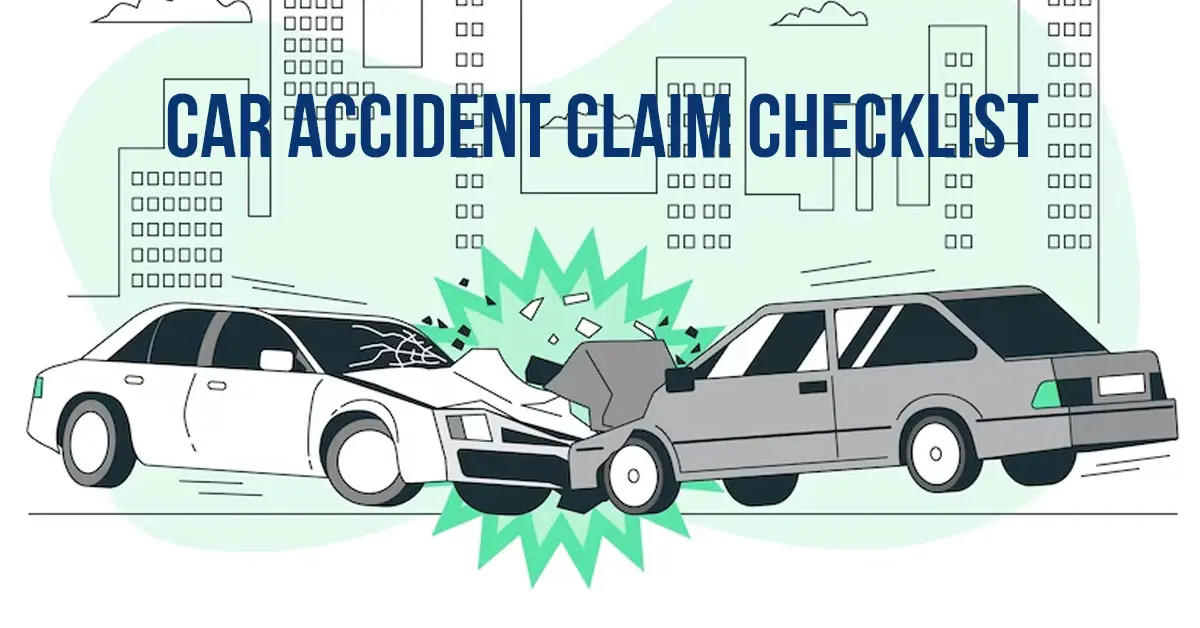Obtaining a Police Report
Ensure you acquire a comprehensive copy of the police report regarding the accident. This critical document should provide detailed information on:
- Involved Vehicles and Individuals: Gather data on all vehicles involved, including driver and passenger names.
- Accident Details: Understand where and how the collision occurred.
- Fault Determination: Identify which driver was deemed responsible by law enforcement.
- Diagrams and Findings: Review diagrams and additional investigative findings by officers.
Also, request original accident scene photos and inquire about precise measurements such as skid marks or debris fields taken by officers.
Compiling Medical Records
Gather all medical records pertaining to injuries sustained during the accident, including:
- Diagnoses and Treatments: Document all medical procedures and treatments directly linked to the injuries.
- Healthcare Visits: List ambulance rides, hospital visits, exams, scans, and lab tests undergone.
- Prescriptions and Therapies: Keep records of prescribed medications, medical equipment, and therapies.
Ensure you have permission to share these records and organize them meticulously to strengthen your injury claims.
Reviewing Insurance Documentation
Thoroughly review insurance cards and policy papers to confirm coverage details, including:
- Policy Limits: Note the limits for bodily injury liability, medical payments, and uninsured motorist coverage.
- Correspondence: Keep copies of letters from the insurance company and all claim-related paperwork.
Understanding your insurance coverage facilitates negotiations and clarifies potential maximum payouts.
Documenting Employment and Wage Information
Obtain evidence of your employment status and income details, including:
- Proof of Income: Gather documentation verifying your mode of income.
- Pre- and Post-Accident Earnings: Record your work status and earnings before and after the accident.
- Confirmation of Missed Work: Obtain written confirmation from employers regarding missed work due to accident-related injuries.
Having solid evidence of lost wages enables accurate calculation and recovery of these losses.
Saving Receipts and Bill Statements
Retain all receipts and statements related to accident expenses, including:
- Property Costs: Document expenses for property repair or replacement.
- Medical Expenses: Record copays for medical visits, prescriptions, and injury-related purchases.
- Expense Records: Keep detailed records of all accident-related costs before filing insurance claims.
Preserving evidence of accident-related expenditures supports reimbursement claims effectively.
Collecting Relevant Photos and Video Evidence
Gather photographic and video evidence from the scene, including:
- Environmental Conditions: Capture images showing weather conditions, lighting, and road layouts.
- Property Damage and Injuries: Photograph damage to vehicles and injuries sustained.
- Witness Testimonies: Secure any available video footage from cameras or eyewitnesses.
Visual evidence strengthens your case by providing crucial details of the accident.
Securing Digital Evidence
Save all electronic communications and data relevant to the accident, such as:
- Messages and Correspondence: Preserve electronic communications regarding the accident and claims process.
- Screenshots: Capture key dates, statements, and policy details.
- Health and Vehicle Data: Retain electronic health records and vehicle system data.
- Digital Media: Request traffic camera footage or other digital recordings of the collision.
Maintaining digital evidence helps substantiate your claims and ensures accurate representation of events.
Drafting a Written Account of the Accident
Prepare a formal statement detailing your recollection of events before, during, and after the accident, including:
- Timeline Description: Provide a chronological account of the accident sequence.
- Legal Assistance: Collaborate with your lawyer to ensure consistency and accuracy in your statement.
A well-documented description of the accident events strengthens your case against insurance disputes.
Seeking Legal Assistance Throughout the Process
Navigating the documentation process following a car accident can be overwhelming. Rely on the expertise of a seasoned car accident attorney to handle the gathering and presentation of evidence, enabling you to focus on your recovery.
Depend on professional legal support to streamline the process, allowing for a smoother resolution of your claim.
Questions and Answers:
Q: What documents are essential for a successful car accident claim? A: Essential documents include the police report, medical records, insurance paperwork, employment and wage details, receipts, photos, and digital evidence.
Q: How can a police report support a car accident claim? A: A police report provides crucial details such as the involved parties, fault determination, accident circumstances, and investigative findings, strengthening your claim.
Q: Why are medical records important for a car accident claim? A: Medical records document injuries sustained in the accident, including diagnoses, treatments, healthcare visits, prescriptions, and therapies, supporting injury claims.
Q: What role does insurance paperwork play in a car accident claim? A: Insurance paperwork confirms coverage details, policy limits, and correspondence with the insurance company, aiding negotiations and maximizing potential payouts.
Q: Why is it essential to document employment and wage details for a car accident claim? A: Documenting employment and wage details provides evidence of lost income due to the accident, facilitating accurate calculation and recovery of these losses.
Q: How can collecting receipts and bill statements benefit a car accident claim? A: Collecting receipts and bill statements supports reimbursement claims by documenting expenses for property repair, medical visits, prescriptions, and other accident-related costs.
Q: What types of evidence should be gathered for a car accident claim? A: Gather photographic and video evidence of the accident scene, digital communications, vehicle data, and written descriptions of accident events to strengthen your claim.
Q: Why is seeking legal assistance important for a car accident claim? A: Seeking legal assistance ensures proper handling of documentation, expert guidance in negotiations, and representation in legal proceedings, leading to a smoother resolution of the claim.

